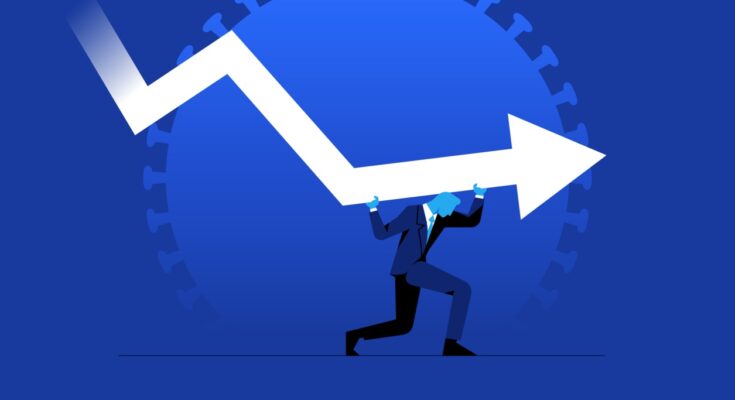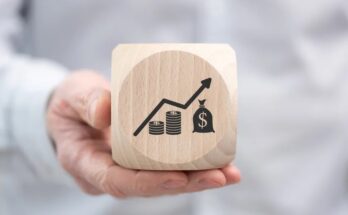What is an Economic Depression?
An economic depression is a condition in which the economy is experiencing financial instability, frequently due to a period of unfavorable activity as measured by the GDP rate of the nation. It typically lasts many years and is substantially worse than a recession, with GDP decreasing significantly. For example, the U.S. experienced the Great Depression for ten years, with a 25% unemployment rate and a 42% decline in earnings.
How Do Depressions Happen?
Though there is no official definition of a depression, economists usually concur that it is a painful and protracted period of economic deterioration that simultaneously affects many countries.
For instance, the Great Depression lasted more than ten years, from the October 24, 1929, stock market crash until the United States entered World War II in 1941 when millions of jobs were generated to meet the demands of the conflict.
In times of depression, the unemployment rate soars to double digits, and consumer demand plummets.
In preparing for this, businesses typically reduce production or close plants while investment activity decreases. GDP and other indicators of economic activity consequently undergo severe reductions. It may take years or decades.
Causes of a Depression in the Economy
An economic depression is mostly brought on by declining consumer confidence, which causes demand to reduce and, ultimately, results in firm closures. Companies must make budget concessions, including hiring fewer employees, when customers stop purchasing goods and paying for services.
Let us dive more deeply into the causes which lead to depression:
- market collapse
The equities investors buy in publicly traded corporations make up the stock market. As a result, shareholding changes can provide insight into the state of an economy. When the stock market crashes, it may be a sign that investors’ faith in the economy is eroding.
2.Lower manufacturing orders
The demand for a company’s goods and services is what makes it successful. A fall in manufacturing orders, especially one that lasts for a long time, might trigger a recession or, worse, an economic depression.
- control over wages and prices
Price controls were implemented once during the old U.S. President Richard Nixon when costs were rising.
- Deflation
In essence, deflation is the gradual decline in consumer prices. It is a good thing because consumers can now afford to buy more goods, but the prices are also falling due to a decrease in demand.
- Oil price increases
How oil price spikes may produce a rippling effect on practically everything in the market is conventional information. When this occurs, consumers’ purchasing power is reduced, which may cause demand to drop.
- decline in consumer faith
When customers lose faith in the economy, they will change their spending patterns, ultimately decreasing the demand for goods and services.
FINAL INSIGHT
Debt reduction or elimination is a terrific first step to a more secure financial future. Saving money can provide you with more financial freedom, and diversifying your investments reduces the risk of losing your savings if one market sector or asset class collapses. Last but not least, ensure that you have a variety of skill sets and income sources.




